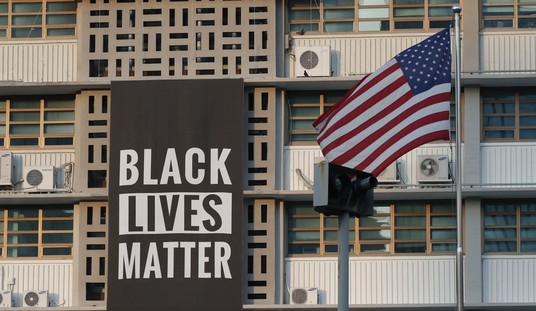As President Trump’s One Big, Beautiful Bill Act has finally passed through Congress, it has drawn heavy criticism from opponents who claim it slashes Medicare and Medicaid. In truth, the legislation delivers long-overdue structural reforms while expanding access and benefits for those who rely on these programs most. Far from being a reduction in services, the bill redirects resources toward patients rather than inefficiencies—and restores the original intent of these safety nets.
Medicaid, in particular, has become increasingly vulnerable to fraud, improper payments, and administrative loopholes. Over the past decade, the program has lost approximately $1.1 trillion to such failures. According to the Centers for Medicare & Medicaid Services (CMS), roughly 5 million individuals who are not eligible remain enrolled, costing taxpayers an estimated $30 billion per year. A Wall Street Journal analysis of Medicaid billing between 2019 and 2021 found that insurers collected at least $4.3 billion in duplicate payments for individuals enrolled in multiple states simultaneously.
To address these issues, the bill introduces mandatory state-level enrollment integrity standards, requiring that states collect individualized data to prevent multiple-state enrollment. This provision alone is expected to substantially reduce fraud without impacting legitimate beneficiaries.
Equally significant is the bill’s targeted expansion of the Federal Medical Assistance Percentage (FMAP). Under the proposed changes, emergency Medicaid services for non-citizens will receive increased federal matching rates starting in 2026. By expanding support for hospitals and providers delivering urgent care—particularly in high-demand states—the bill ensures critical services remain viable without burdening state budgets.
Some have raised concerns regarding the introduction of a work requirement for able-bodied adults without dependents. Beginning in December 2026, such individuals will be required to work, study, or volunteer a minimum of 80 hours per month in order to remain eligible for Medicaid. Contrary to popular narrative, this reform does not strip essential coverage. It simply reestablishes Medicaid as a support system for those who cannot support themselves, rather than a permanent entitlement for those who can.
Recommended
Currently, over 50% of able-bodied adults enrolled in Medicaid are not employed, and only 16% work full-time. These figures highlight a program stretched thin—unable to prioritize children, the elderly, and individuals with disabilities because resources are being misallocated. If the average American works about 176 hours per month, there is no reason why struggling Americans—especially those actively seeking financial support—should work less than half of that.
Of course, if a beneficiary has a medical condition or any other valid reason preventing them from working 80 hours per month, the bill includes clear exemptions. While some in the Democratic base portray this work requirement as cruel or inhumane, the reality is that the requirement is far more lenient than it could be. In fact, the bill allows individuals to fulfill the requirement through volunteering or actively searching for employment if they are not already working.
To ensure that enrollment is both accurate and sustainable, the bill also mandates income verification before initial approval, ends automatic re-enrollment, and prohibits new provider taxes that some states have used to artificially inflate their federal reimbursements. This measure closes a long-criticized loophole that enabled states—most notably California—to obtain federal funds without committing any of their own.
The bill also suspends enforcement of a 2024 CMS staffing rule that would have imposed minimum nurse staffing ratios on all nursing homes accepting Medicare or Medicaid. While the rule was designed to improve care quality, it failed to account for staffing shortages, particularly in rural or underserved areas. Federal estimates indicate that one in four nursing homes would have required waivers or faced noncompliance.
Without intervention, many facilities would have been forced to reduce patient intake, eliminate services, or close entirely—cutting off access to long-term care for elderly and disabled individuals. The bill halts the implementation of this rule through 2034, providing critical relief and stability to long-term care facilities nationwide.
Beyond healthcare, the bill introduces substantial tax relief for American families. Households earning less than $100,000 annually will receive an average 12% tax cut. The standard deduction increases to $31,500 for families, and for workers, there will be no federal income tax on tips, overtime pay, or car loan interest. These provisions are expected to result in a gain of $10,900 in take-home pay for the average family.
The Child Tax Credit will also expand to $2,200, affecting over 40 million American households. Additional measures include enhancements to the child and dependent care credit, the adoption tax credit, and permanent status for the paid leave tax credit.
The One Big, Beautiful Bill Act does not dismantle Medicare or Medicaid. Instead, it enhances, protects, and ensures that the programs remain viable into the future. At its core, the bill reflects a shift from bureaucratic control to individual empowerment. It is a forward-looking framework that restores accountability to public programs and ensures that federal resources serve their true purpose—helping those who genuinely need assistance.

























Join the conversation as a VIP Member